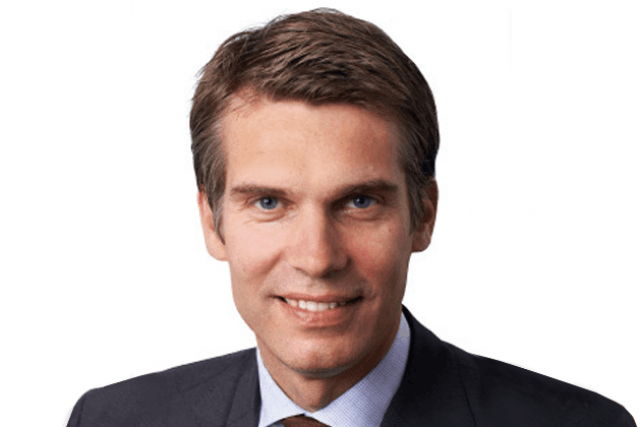Investors always need a varifocal view on the market or to adopt the split vision of a basketball player, keeping one eye on the ball and one eye on the surroundings. The licence to operate a company has the same type of dynamic. It is about being able to create value today, for shareholders and society at large, and to remain relevant for the stakeholders as the economy and society change over time.
NN IP believes that companies should be aware of their changing roles and responsibilities in society. Being aware of changing circumstances enables them to adapt to customers’ new expectations and to assume new standards for products and services. Consider, for example, the changing preferences for electric cars or the growing emphasis on customer data protection. Being aware and acting in the same moment is not easy, but indispensable in order to survive. This requires conviction on the part of a responsible investor like us that a company’s management understands changing market circumstances. And as a responsible asset manager, it also requires that we provide companies with a timeframe during which we expect them to adapt.
As an asset manager, part of our responsibility is to enable companies to be involved in the transition to a more sustainable economy. To provide capital to companies to make the necessary business decisions and start or stop certain activities. Enabling transition underlines a role we play in the financial market. Providing capital empowers our clients to join in our conversations with companies to steer them in a more sustainable and clear direction by focusing on people, planet and profit for now and for the future. In most cases, this translates into an inclusive dialogue and into providing transparency on how we reward improvement on ESG criteria in our investment approach. All this is aimed at creating the right incentives to move corporate behaviour in a more sustainable direction.
Of course, NN IP excludes certain forms of controversial business behaviour and business activities. But restricting our universe of investment opportunities is a final resort. On the one hand, it reflects our understanding of the company’s operating model and our analysis that no positive change can be expected in the short term. And it also reflects our values and broader societal expectations aimed at sustainable development. Sometimes divestment is the necessary response.
Recently, we excluded tobacco after experiencing that engagement and dialogue will not contribute to a change in the business model and behaviour of tobacco companies. In keeping our eye on the risks and returns, we also keep a keen eye on the environment in which we operate. Having a view on the market requires an open mind to enable players to excel as well as a strong conviction about when to end the game. Because we play to win, we need to understand when to start and when to stop.
We take our responsibility seriously and are aware that engagement can improve preparedness for change by sharing best practices and highlighting stakeholder expectations. Engagement is a strong instrument. It is of value to the investee company as well as to society, as a company’s licence to operate can either be strengthened or revoked by the results of engagement. This underlines the split vision feasibility of engagement, which is not only an instrument but also an identifier of value creation. After all, sustainable value is what we aim for.



